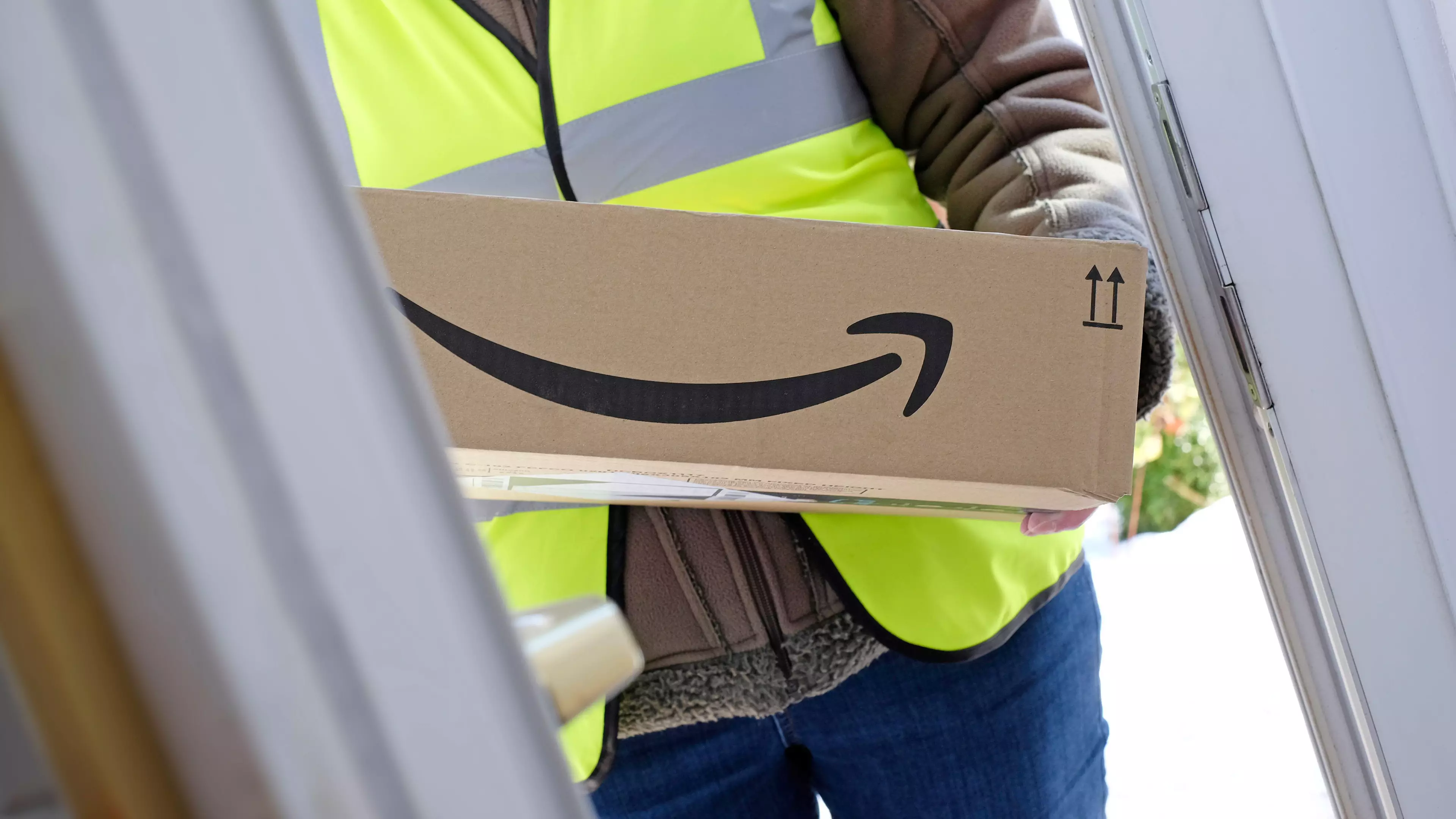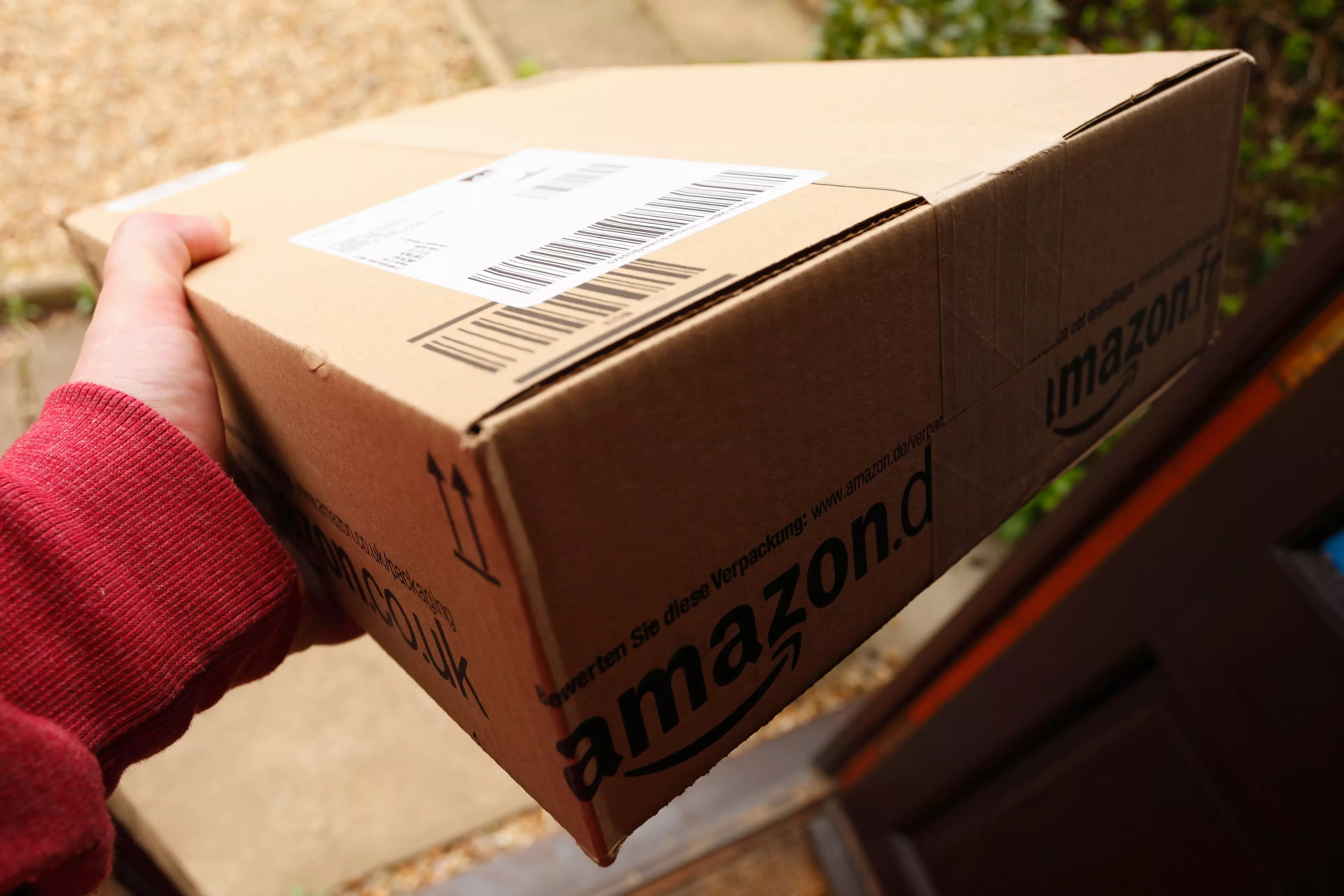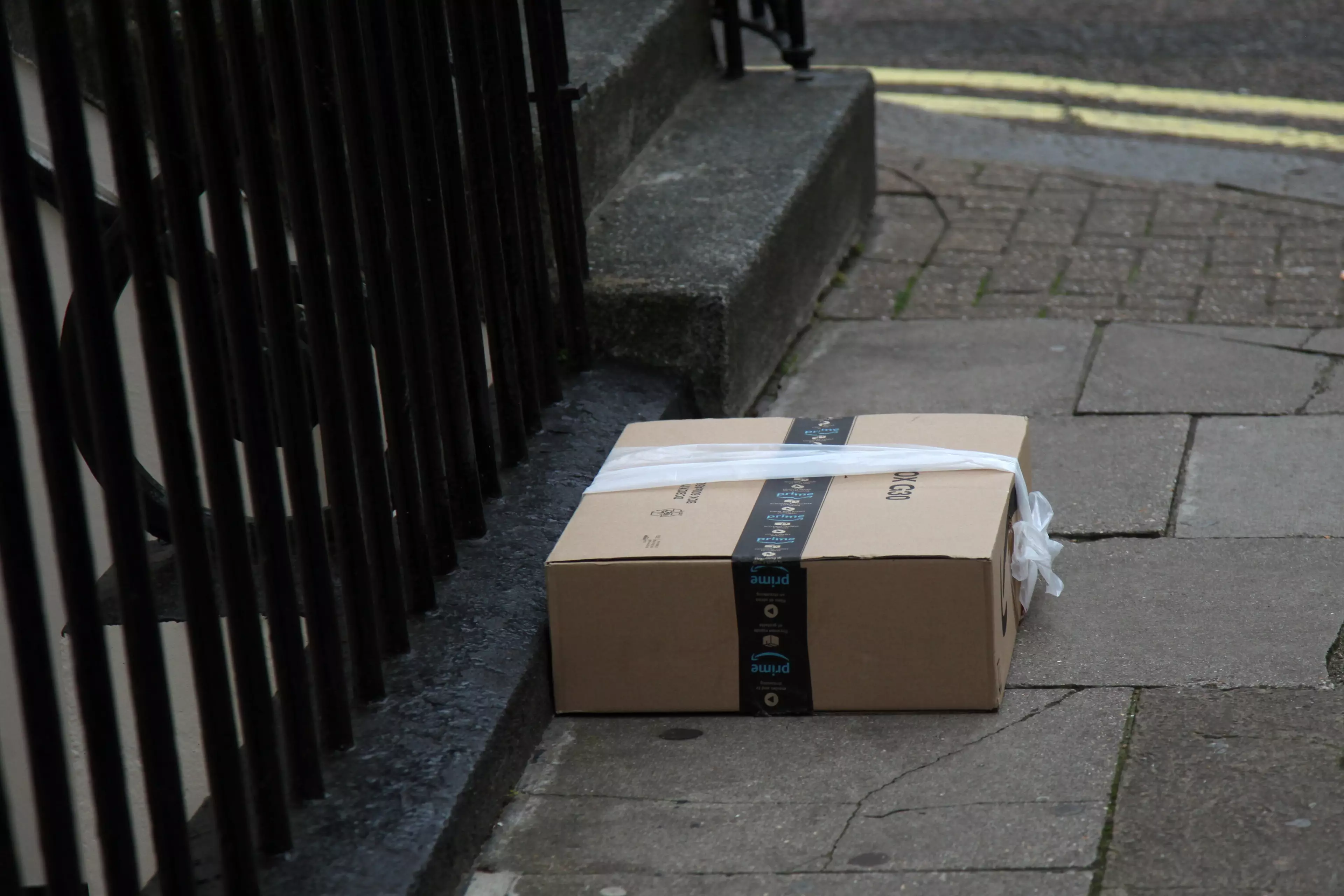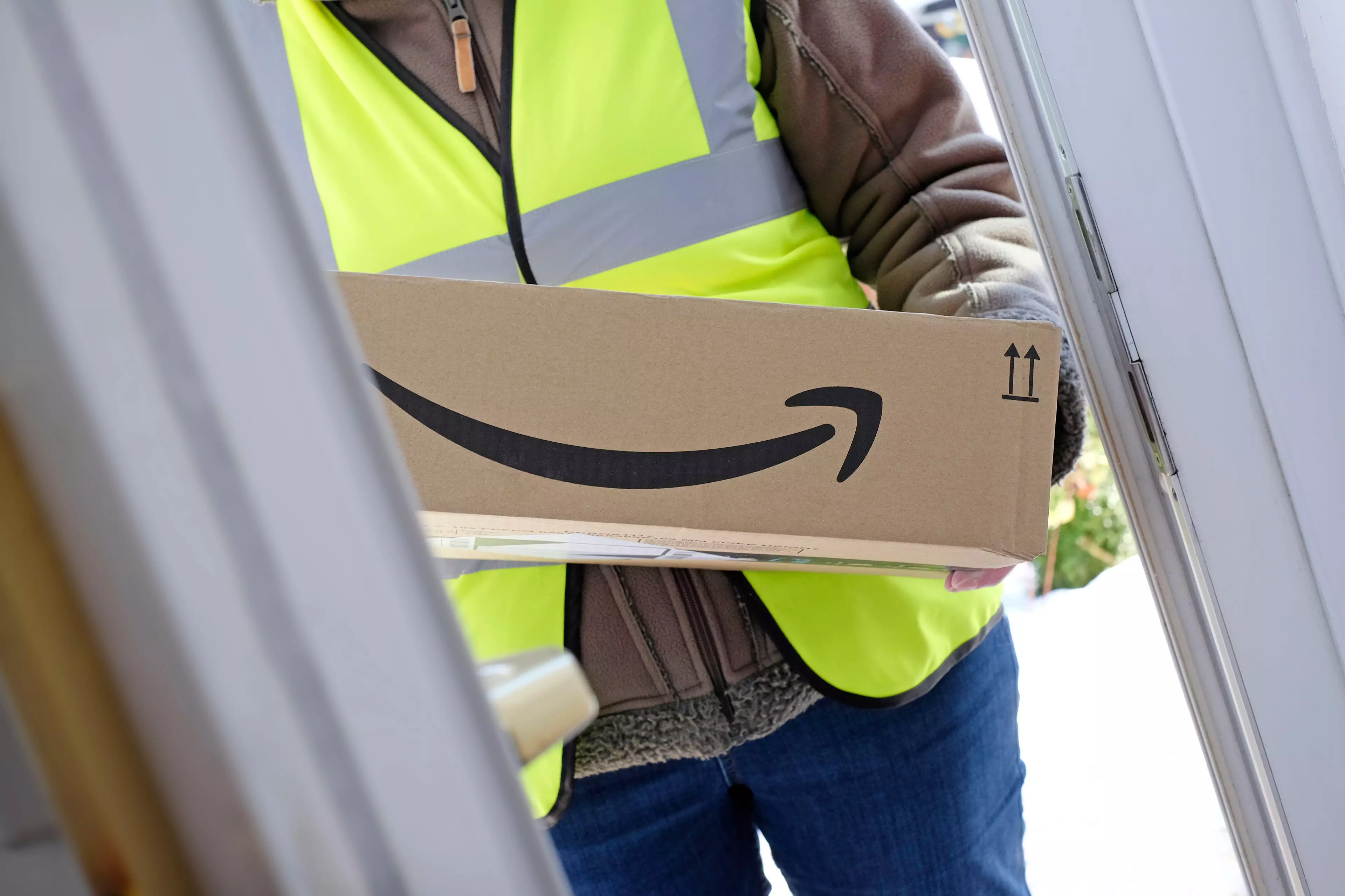
More than a million households in the UK could have been victims of the scam known as 'brushing' which involves receiving mystery Amazon parcels.
The sellers are using dubious tactics in a bid to reach the top of the Amazon Marketplace rankings, according to consumer watchdog Which?

Third-party sellers may be exploiting Amazon's highly competitive search ranking system for products - which favours items with high sales volumes and good reviews - and putting consumers at risk of being misled when they buy products on the platform
Advert
Items received include: magnetic eyelashes, eyelash serum, toys for pets and children, bluetooth accessories, iPhone cases, frisbees and medical gloves.
Which?'s nationally representative survey of almost 2,000 people found that four percent of respondents said they or someone in their household received a mystery Amazon package at their home address that they did not order, was not sent by a known person and was not taken in for a neighbour.
Scaled up this would mean 1.1 million UK households could have been targets of brushing.

According to reports, some sellers are taking the brushing scam a step further by creating a fake Amazon account linked to the unsuspecting recipient's address to 'purchase' the item themselves and then leave a glowing fake review.
Advert
Jonathan Miles, head of strategic intelligence and security research at Mimecast, said: "This kind of scam may seem harmless, but it is often a sign of a previously compromised account that has allowed personal data to fall into the hands of cybercriminals.
"It is likely that this would have happened as a result of a data breach."
Amazon has said sellers find the addresses, and in some cases names, from a wide range of publicly available sources - for example, where a company sells on customer data. But there are other ways Amazon sellers can access addresses - including potentially from Amazon itself via its seller platform for merchants, and from a seller's list of customers that it serves on other marketplaces and platforms.

Advert
If you do receive a mystery package, you're not obliged to return the product. According to a Which? survey, of those who received unknown deliveries, 63 percent said they kept them, 28 percent threw them and 16 percent gave them away.
In a statement to LADbible, a spokesperson for Amazon said: "Orchestrated by bad actors who procure names and addresses from various external sources, 'brushing' is a scheme affecting all online marketplaces.
"We estimate that less than 0.001% of Amazon orders are impacted by brushing as Amazon has robust processes in place to prevent abuse from impacting our reviews, search rankings and other customer experiences.
"We will never stop improving the sophistication of abuse prevention in our store, and we will continue to take the appropriate enforcement actions, including support for law enforcement organisations in their efforts to hold bad actors accountable.
Advert
"We strongly encourage those who have received unsolicited packages to report them to our customer services team so that we can investigate fully and take the appropriate actions."
Featured Image Credit: David Burton/Alamy Stock Photo